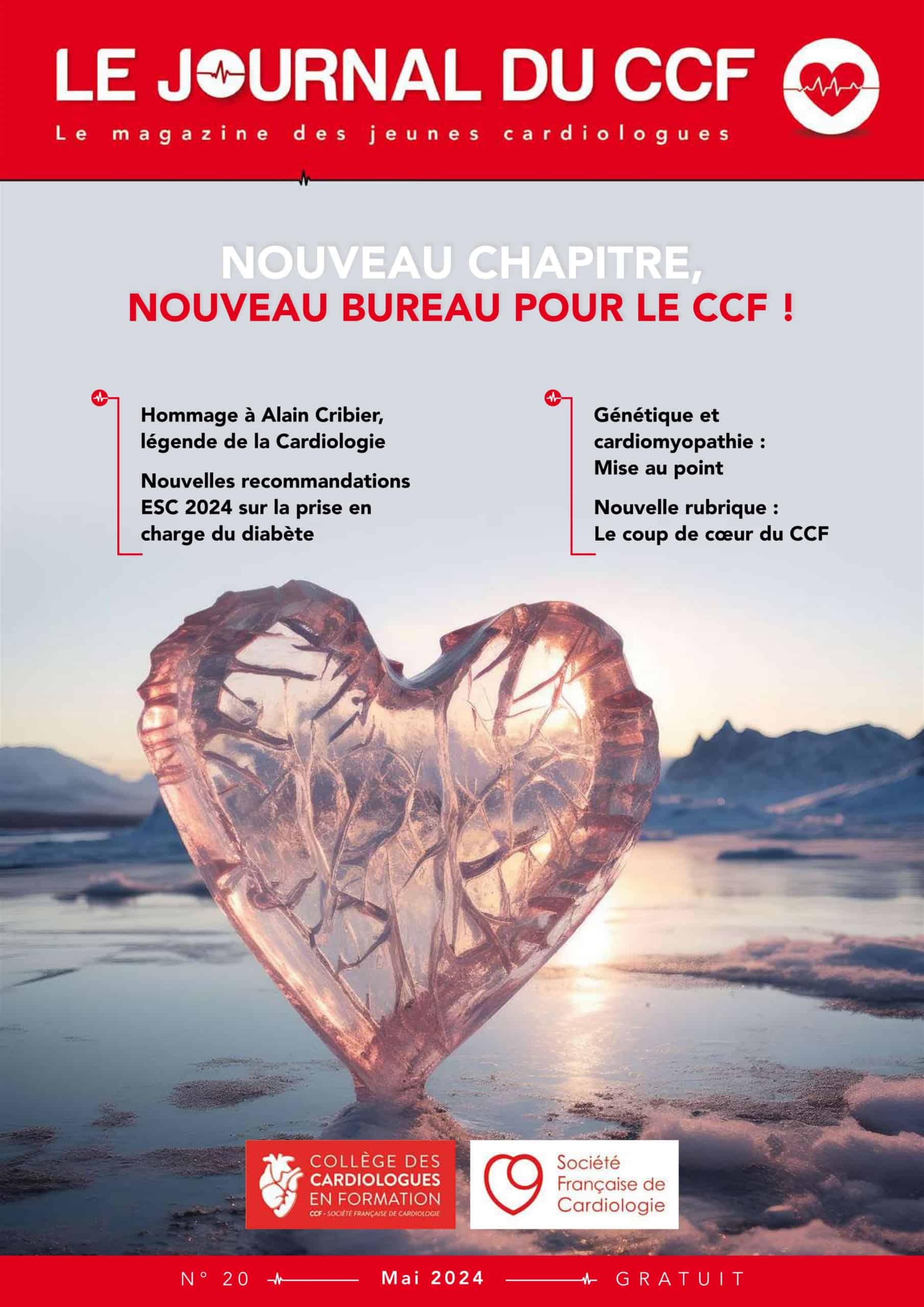Suivez nous sur les réseaux sociaux
Cet outil a vocation à informer, diffuser l’information auprès des jeunes cardiologues (internes, assistants, chefs de cliniques, jeunes praticiens, etc.), et faciliter les échanges.
Voici un aperçu rapide des sujets abordés dans cette publication :
Toutes nos publications
Une question ?
Publications
ICCU-HF Score, a Multiparametric Prognostic Tool to Predict 1-Year Heart Failure Outcomes after Discharge in Patients Hospitalised in Intensive Cardiac Care Unit
Voici un aperçu rapide des sujets abordés dans cette publication :
ICCU-HF Score, a Multiparametric Prognostic Tool to Predict 1-Year Heart Failure Outcomes after Discharge in Patients Hospitalised in Intensive Cardiac Care Unit
Matteo Cameli, Maria Concetta Pastore, Giuseppe De Carli, Michael Y Henein, Giulia Elena Mandoli, Edoardo Lisi, Paolo Cameli, Stefano Lunghetti, Flavio D’Ascenzi, Chiara Nannelli, Luisa Rizzo, Serafina Valente, Sergio Mondillo
International Journal of Cardiology, Volume 296, December 2019, Pages 103-1081
PMID: 31324396
DOI: 10.1016/j.ijcard.2019.07.015
Abstract
Background
Acute heart failure (AHF) is the first cause of hospitalization for over-65 individuals, associated with high mortality and readmission rate. The aim of this study was to assess the prognostic value of a multiparametric score combining clinical, biochemical and echocardiographic indexes in AHF for clinical practice.
Methods
830 patients hospitalized for AHF were enrolled. Exclusion criteria were: active neoplasms; previous heart transplantation or left ventricular assist device implantation. Different variables were analyzed: etiology of AHF, clinical and biochemical data, lung congestion on chest-X ray, echocardiographic parameters and administered therapy. The endpoints were: all-cause mortality at 30 days, 6 months and 5 years and the duration of hospitalization.
Results
771 patients met eligibility criteria. Using the univariate and multivariate analysis the indexes with the best correlation with outcome were discretized and used to create the ACUTE HF score, computed as: 1.4*[serum creatinine>2 mg/dl] + 0.8*[ejection fraction<30] + 0.7*[age > 76] + 0.7*[prior hospitalization for AHF] + 0.9*[prior stroke/transient ischemic attack] + 0.5*[more than moderate mitral regurgitation] + 0.8*[use of non-invasive ventilation] and used to divide patients into 3 groups according to the risk of 6-months mortality. With the receiver operating curves and Kaplan-Meier analysis, this score proved to have a high predictive power for mortality at 30 days, 6 months and 5 years from hospitalization, and for event-free survival rates, providing a risk stratification capability superior to that of single variables.
Conclusions
The ACUTE HF score could be a complete and useful tool for assessing prognosis of AHF patients. It could represent a step in the long standardization pathway of prognostic protocols for AHF.


